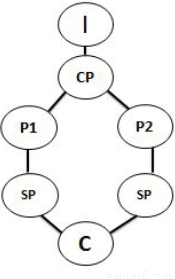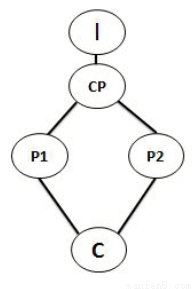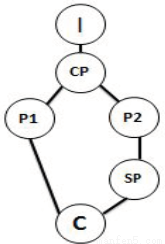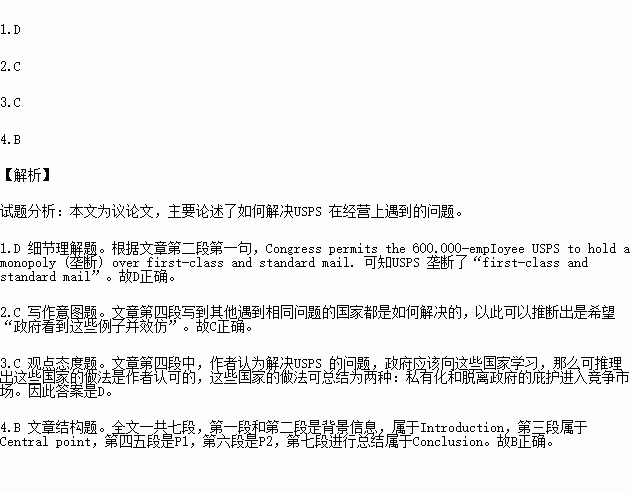题目内容
The U. S. Postal Service (USPS) is losing billions of dollars a year. The government company that delivers "small mail" is losing out to email and other types of electronic communication. First-class mail amount fell from a high point of 104 million pieces in 2000 to just 64 million pieces by 2014.
Congress permits the 600.000-empIoyee USPS to hold a monopoly (垄断) over first-class and standard mail. The company pays no federal, state or local taxes; pays no vehicle fees; and is free from many regulations on other businesses. Despite these advantages, the USPS has lost $52 billion since 2007, and will continue losing money without major reforms.
The problem is that Congress is preventing the USPS from reducing costs as its sales decline, and is blocking efforts to end Saturday service and close unneeded post office locations. USPS also has a costly union-dominated workforce that slows the introduction of new ideas or methods down. USPS workers earn significantly higher payment than comparable private-sector workers. The answer is to privatize the USPS and open postal markets to competition. With the rise of the Internet, the argument that mail is a natural monopoly that needs government protection is weaker than ever.
Other countries facing declining letter amounts have made reforms Germany and the Netherlands privatized their national postal companies over a decade ago, and other European countries have followed suit. Britain floated shares of the Royal Mail on its stock exchange in 2013. Some countries, such us Sweden and New Zealand, have not privatized their national postal companies, but they have opened them up to competition.
These reforms have driven efficiency improvements in all of these countries. Additional number of workers have been reduced, productivity has risen and consumers have benefited. Also, note that cost-cutting measures—such as closing tone post offices—are good for both the economy and the environment.
Privatization and competition also encourage new changes. When the USPS monopoly over "extremely urgent" mail was stopped in 1979, we saw an explosion in efficient overnight private delivery by firms such as FedEx.
The government needs to wake up to changing technology, study postal reforms abroad and let businessmen reinvent our out-of-date postal system.
1.What do we know about the USPS?
A. Its great competitor is the delivery firm FedEx.
B. It is an old public service open to competitions.
C. Its employees don't pay federal, state or local taxes.
D. It has complete control of first-class and standard mail.
2.The author mentions some other countries in Paragraph 4 to __________.
A. explain the procedures of reform to the USPS
B. show the advantages of private postal services
C. set some examples for the government to learn from
D. prove the situation is very common around the world
3.The author probably that the USPS __________.
A. needs government’s protection as ever
B. can work together with other businesses
C. must be replaced by international companies
D. should be sold out and become a private service
4.Which of the following shows the development of ideas in this passage?
A.  B.
B.
C. D.
D.
I: Introduction CP: Central point P: Point
Sp: Sub-point (次要点) C: Conclusion
 全能练考卷系列答案
全能练考卷系列答案 一课一练课时达标系列答案
一课一练课时达标系列答案

